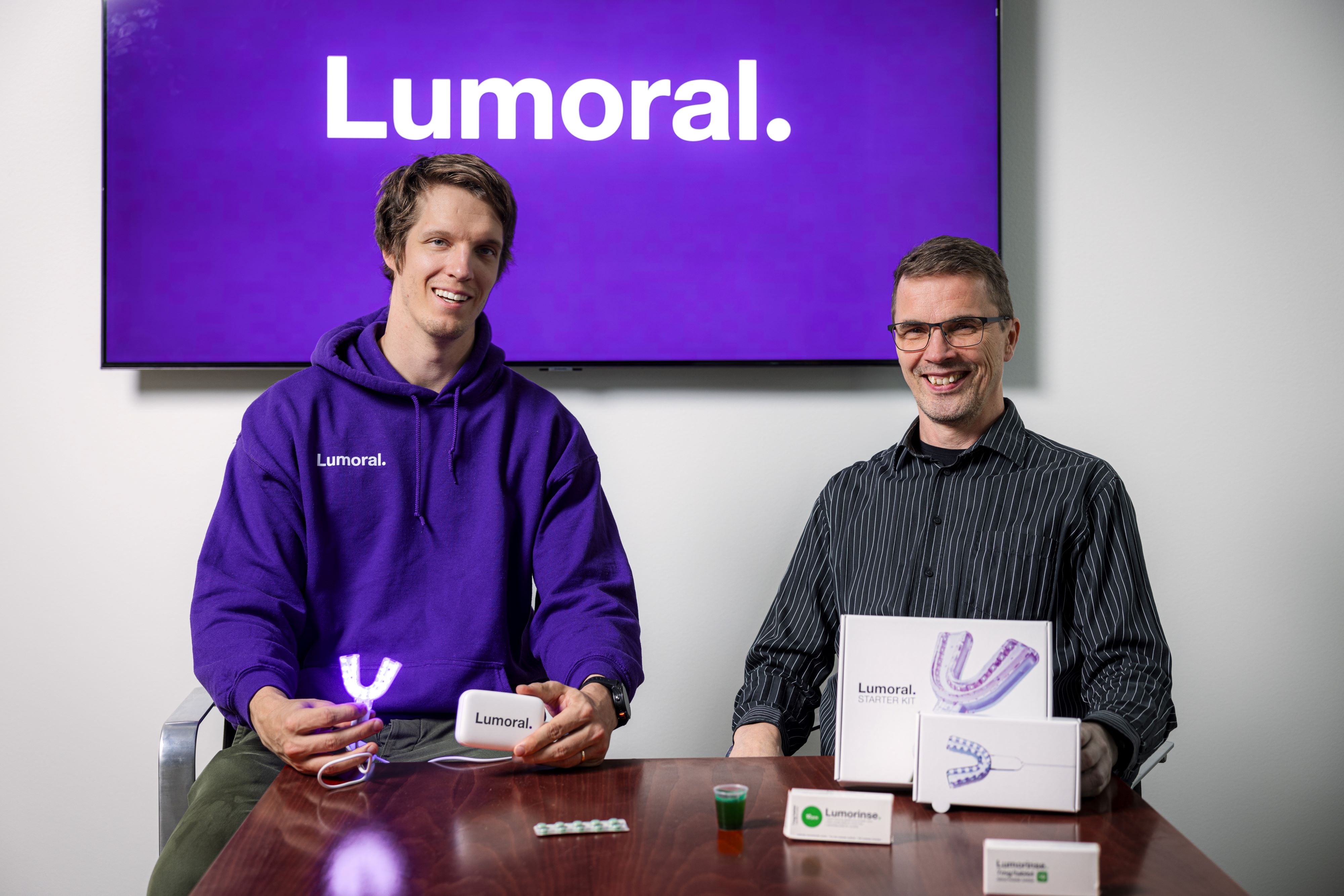- All posts
- 8 Media Venture
- althetics
- aMMP8
- Annimari Korte
- Antibiotic resistance
- Apotek Härtat
- Aqua Dental
- athlete
- Award
- Baltics
- Bonnier
- Bonnier News
- Brain health
- Business
- Cancer
- cardiovascular disease
- caries
- Chemo therapy
- children
- collaboration agreement
- Croatia
- Denmark
- Denta
- Dental erosion
- Dentex
- diabetes
- Dual Light
- Duodecim
- EFP
- EFR
- Estonia
- EuroPerio
- event
- Expodental
- FIBO
- fund raising
- general health
- Gingivitis
- Gum disease
- HAP
- HealthHub Pharma
- HIDES
- Hospital infections
- hospital-acquired pneumonia
- IBD
- Iceland
- IDS COLOGNE
- implantology
- invest
- investment
- italy
- Koite Health
- Latvia
- Lithuania
- lumoral
- Lumoral App
- Lumoral Junior
- Maritime industry
- Media
- MegaGen
- Movie
- News
- Nordic markets
- Nordics
- O
- Olympics
- Oral health
- Oral hygiene
- Oral mucositis
- Patent
- PDT
- peri-implantitis
- Perio Master Clinic
- Periodontitis
- periodontology
- Photodynamic therapy
- Press
- Ranking
- Romania
- Scandinavian Society of Periodontology
- Science
- Seafarer
- Seedtable
- share issue
- Shareissue
- Siblings movie
- Spain
- spots
- Stroke
- Study
- sweden
- Tartar
- techtour
- Thailand
- UK
- United States
- Valentine's Day
- WHO
- World Cancer Day
- World Health Day
- World Heart Day
- world oral health day
- World Smile Day

Healthy Mouth, Healthy Baby: The Connection Every Mother-to-Be Needs to Know
As the new year begins, experts are urging women to prioritize their oral health, emphasizing its critical role not just in personal well-being but also in ensuring a healthy pregnancy. Hormonal ch...

New advances in periodontitis treatment: Lumoral study makes progress in Lithuania
A promising study is underway in Lithuania to investigate the effectiveness of Lumoral Treatment medical device in treating more severe stages of periodontitis. The study "Regular home-use of dua...

World Heart Day 2024: Highlighting the Critical Connection Between Oral Health and Heart Health
World Heart Day, launched by the World Heart Federation (WHF), is celebrated each year on the 29th of September. The global event aims to raise awareness and encourage action for heart health. Card...

Is your oral microbial balance at risk? Here’s how common factors disrupt your oral health
Oral health is influenced by many factors, with the balance of microbes in the mouth being central. This delicate coexistence of bacteria and microorganisms is vital for the health of teeth and gum...

Poor oral health can increase the risk of stroke
Every year, over 13 million people worldwide die from stroke. However, many of these incidents could be prevented through relatively simple means, such as a healthier diet, more exercise, or improv...

Good oral health is vital for athletes
Those who play sports are at greater risk of dental diseases such as caries and periodontitis. Therefore, taking care of your oral health is particularly important because problems can also affect ...